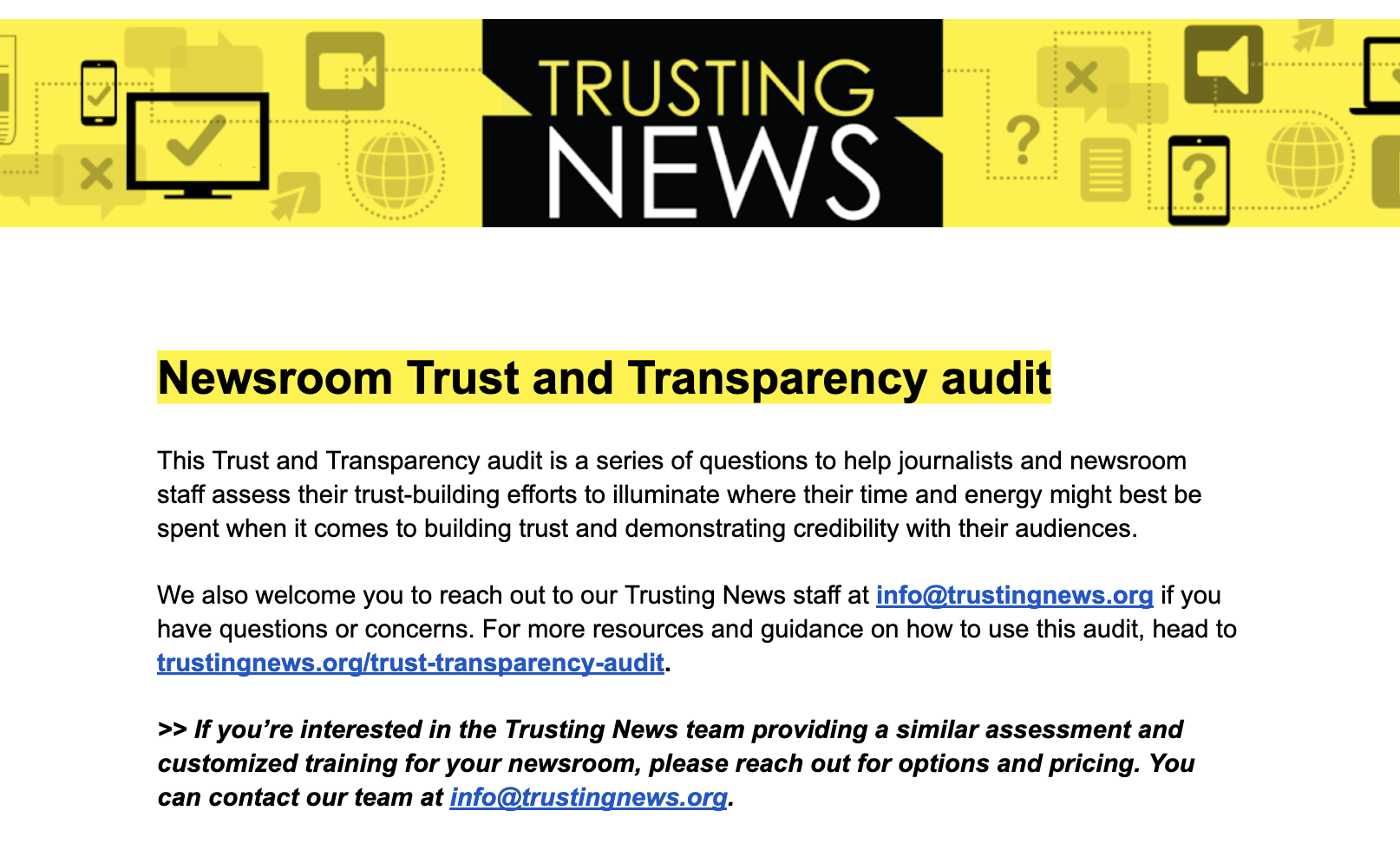Iraq Freedom Congress and Unions Pledge to Overcome Both Sectarian Violence and U.S. Intervention
Kathlyn Stone -- World News Trust
Sept. 9, 2006 -- Samir Adil, president of the Iraq Freedom Congress, outlined plans for an international day of protest Sept. 24, the forth anniversary of the day that the Bush Administration decided to invade Iraq. The IFC’s aim is to return safety and security to Iraq through a secular resistance movement.

Samir Adil, president of the Iraq Freedom Congress, a nonviolent secular resistance movement. Adil had a face-to-face confrontation with Richard Perle, an architect of the U.S. war on Iraq, during a Washington press conference in May.
Adil said Friday that workers have agreed to stop production in many factories and to leave their work places for an hour or more on the anniversary. Demonstrations are planned in Baghdad, Basra, Kirkuk, Hilla, Diwanya, and other cities, and a large rally may take place in Baghdad. Preparations are underway for a photo exhibition and plays “showing the crimes of the occupation,” said Adil. Leaders of the Southern Oil trade union in Basra, which went on strike Aug. 22-23, have been asked to consider curtailing oil exportation that day. Oil union workers ended their strike when they won their demand for higher pay but other demands remain unsettled.
“The pretext for war proved to be pathetic justification for destroying and burning an entire society, and the resurgence of the most vicious and reactionary ideologies,” said Adil. He believes the international community will condemn the “inhumane policies of the U.S. Administration to impose its views and concepts of a new world order on our globe.”
Anti-war, anti-occupation activists and IFC members in Japan, Korea, Philippines, United States, France, Australia, and Finland are encouraged to build awareness of the IFC at their local rallies. “I believe the global anger will be much stronger this year after what we have witnessed in Iraq -- war, depravation, and destruction. This occupation has turned Iraq into a jungle where thugs are in control of peoples’ lives, and there is a lack of basic civil services. In the end, four years actually are enough to reveal the truth,” said Adil. “There can be no safety and security without ending the occupation.”
Adil acknowledged this summer that the IFC movement carries a great deal of risk for members in Iraq. “There is no hope in Iraq but the Iraq Freedom Congress,” said Adil. “This is what the oil workers’ leaders and other industrial workers, students, women, and intellectuals are saying. Recently, many tribal leaders have come forward to support the IFC stating that it is the only solution for building a democratic society free of hatred and sectarian conflict. Therefore, we accept the challenges of the risky conditions in order to salvage the society. We know that we are putting our lives on the line on a daily basis.”
Other recent developments concerning activists in Iraq:
-- U.S. forces raided and ransacked the IFC office in Baghdad Sept. 6-7, according to Federation of Workers Council and Unions in Iraq and Iraq Freedom Congress member Amjad Al-jawahry. He received word from Baghdad Friday that the office was searched, furniture was broken and items confiscated. The IFC planned to hold a press conference regarding the incident Saturday (see related story ).
-- The action by U.S. authorities came on the heels of a meeting of 54 trade unionists from Baghdad’s central oil sector and the FWCUI Monday, Sept. 4, where FWCUI president Falah Alwan called for unity among oil workers nationwide and other industrial and service workers. Attendees agreed to adopt the same demands that prompted the Basra oil workers to strike in August: housing for workers, raising minimum salaries, expanding limits of promotion and salary, turning contracted workers into full-time workers and demolishing bureaucracy and corruption among administrators. The union leaders also agreed to present authorities with a deadline for responding to their demands. The leaders also agreed to forward a letter of protest to the Minister of Oil for comment calling workers “traitors” because of their demands to improve their own situation.
--Yanar Mohammed, president of the Organization of Women’s Freedom in Iraq , spoke of womens’ working conditions at a forum held at the Women’s Rights at Work Center in Baghdad Sept. 2. Mohammed said that up to 90 percent of women are unemployed in some regions. She stressed the importance of outreach to housewives who live in social isolation and lack awareness of their right to work and have an income. Eman Khattab, an activist with WRAW, said the center has compiled a long list of unemployed women with various experience and educational background and is trying to help them find work. The WRAW representative said they “will contact many ministries and officials until they begin to hear some answers.” 
Iraqi women at a Sept. 2 forum on womens’ labor rights. Unemployment among women is up to 90 percent in some regions, according to the Organization of Women’s Freedom in Iraq . Social and economic crises, violence, and oppression are all factors at blame. Photo provided by Al Moussat (Equality) newspaper.
-- A trade union leader known for his work mobilizing citizens to resist the sectarian groups and speaking out against crimes committed by occupying troops was killed in Mahmoodya (25 km south of Baghdad) by sectarian militias on August 18. Tariq Mahdi was secretary of the health services trade union, an IFC member and “one of the activists who strongly condemned the sectarian violence that erupted because of the conflict among political Islamic groups, both Shiite and Sunni,” according to the IFC. Mahdi was the third union leader assassinated in 2006 for organizing workers and other citizens.
-- Community leaders in the town of Zafaraniya made an appeal to all citizens to resist attempts by sectarian gangs to create ethnic divisions among the people. Zafaraniya recently became the site of frequent bombings and gas explosions that are attributed to the arrival of violent militant groups. The gangs have distributed leaflets threatening families and ordering them to leave their homes.
-- The IFC appealed to authorities in Kurdistan to honor the peoples’ right to peaceful demonstrations and to release protest organizers.
***
Kathlyn Stone is a Twin Cities, Minnesota-based writer covering science, health policy, the economy and international relations.












